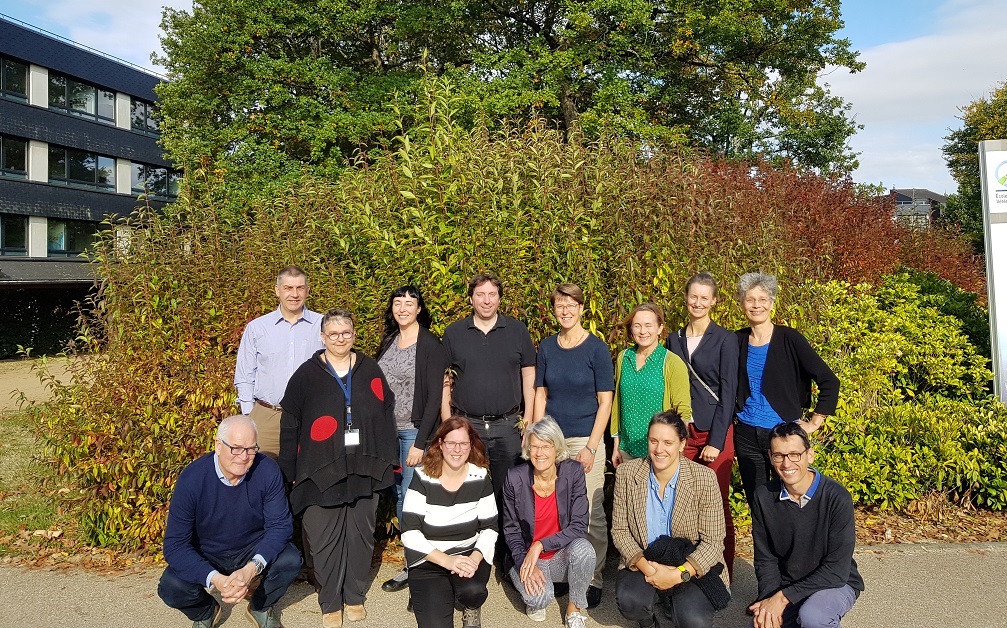Several European Member States (MS) have implemented control programmes for endemic infections that are not regulated by the EU. Such programmes are to be strongly supported but also create difficulties for intra-community trade, as free trade has the potential to allow the movement of infectious agents into regions where disease freedom has been achieved. Objective and standardised comparison of the outputs of different control programmes conducted in MS is very important to guarantee safe trade. In addition, within the new Animal Health Law that is coming into force in the near future, there is a desire to adopt output-based standards for regulated cattle diseases.
In the STOC free initiative, 6 countries collaborate to construct the generic framework that will provide standardised and harmonised comparison of the output of different control programmes of cattle diseases that are not regulated by the EU and that are applied in the different MS. The framework will focus on comparison of the confidence of freedom of disease at different levels of aggregation such as animal, herd, region or country. These methods will allow the integration of heterogeneous data from different regions and will be designed using pilot-scenarios describing the control programs encountered in the consortium partner countries. During the project a standardized approach to capture and collate all relevant aspects of any non-EU regulated disease control programs will be developed and applied. Although the framework should be applicable to a range of cattle diseases, during this project, bovine viral diarrhoea virus (BVDV) will act as the primary disease example given the large variation in both program design and prevalence that exists between MS. The information about BVDV control programs will form the basis of a case study where the developed methods will be applied to BVD in the consortium member states. In the final stage of the project, the developed methodology will be tested for generalisation to other cattle diseases such as BoHV1, Mycobacterium bovis or paratuberculosis. The knowledge and outcomes obtained in STOC free will be disseminated to stakeholders and decision makers in order to stimulate the uptake of the developed methodology.

